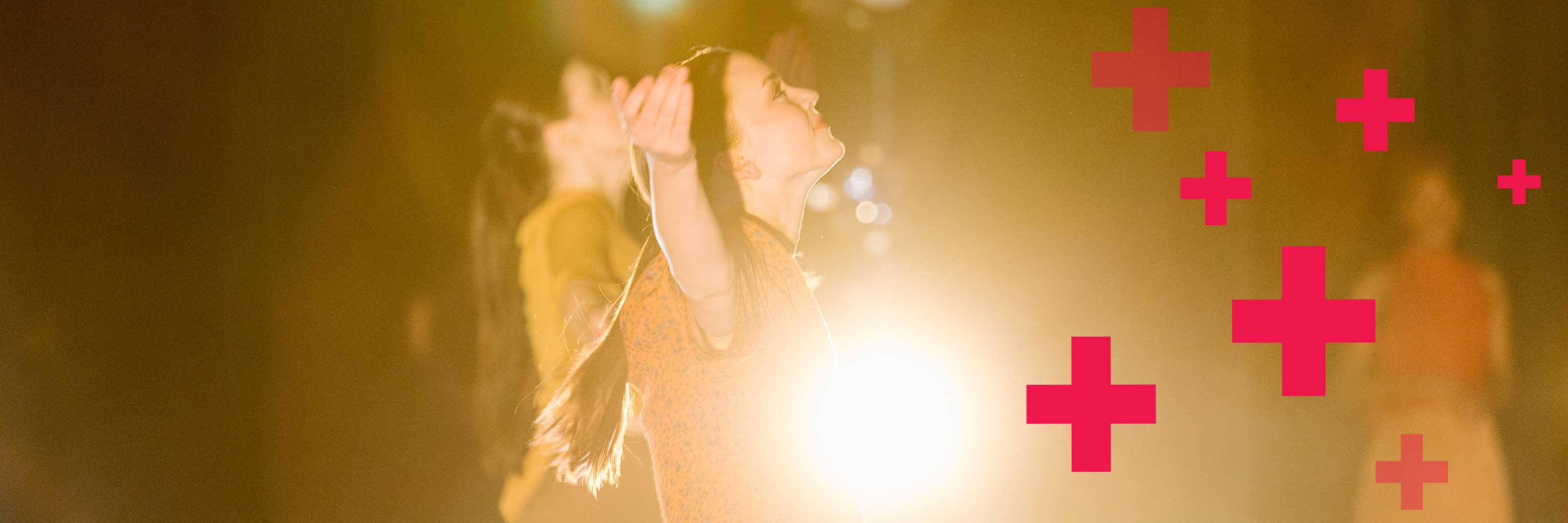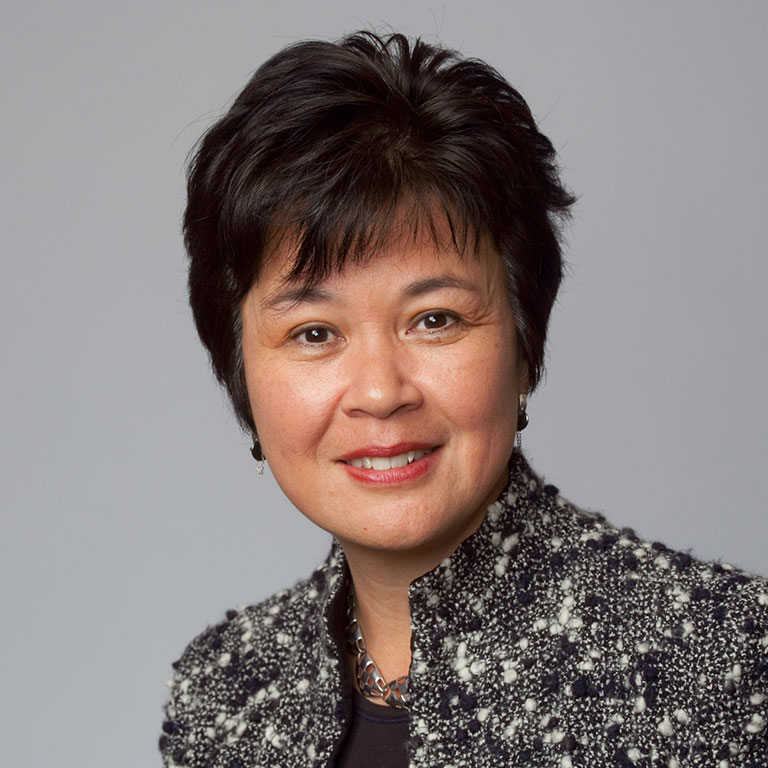“Sometimes I still feel like a relatively new judge, even though I was sworn in in 2012,” Schofield admits. “It's been almost a decade, and it's a wonderful job.” Noting that she hears civil and criminal cases, she adds, “From the alpha to the omega, you get to see a slice of life, a slice of human nature—and not just human nature but human activity—of every kind.”
Indeed. Among the biggest, most complicated cases she's heard to date? “I had. . . a case where it was alleged that 16 of the biggest banks in the world were manipulating the foreign exchange benchmark in foreign exchange trading,” she says.
And at the other end of the spectrum? “[There are] wage-an-hour cases where people are not being paid minimum wage and sometimes are being exploited by employers,” she continues.
Aside from the range of cases she hears and the intellectual stimulation her work affords, there's at least one other aspect which appeals to her. “It's interesting just to see another big piece of the world,” Schofield explains. “I've always been open to and eager to find new worlds, new experiences, and new vistas.”
Originally raised by her divorced mother in small-town New Haven, Indiana, she credits some of her IU professors with encouraging her to “seek the wider world.” Schofield was on track to graduate in just three years and she spent her final year studying in Hamburg, Germany. “IU really felt like my first window into a bigger world—a world of books, a world of thought, an intellectual world, an artistic world,” she recalls.
But the experience was bittersweet. “The thing that colored that last year was that my mother died,” she continues. “When I came back from Germany, there was really nothing left to come back to.”
So, she headed east. Schofield briefly attended Brown University for graduate school in comparative literature but pivoted to law at New York University (NYU). “Law school had always been on my mind,” she says. “It didn't hurt that my friends were in [New York] as well.”
After earning her law degree from NYU, Schofield specialized in corporate litigation. She also worked as a criminal prosecutor in the Southern District of New York, where she is now a judge.
Just how does Schofield's previous life as an attorney compare to her current role? “When you are a lawyer, you always have a client, and your duty is to your client—to represent your client as zealously as you can,” she says. “When you're a judge, all you have to do—and I say 'all' in quotes—is what is right under the law. It's very liberating, and it's also a much broader world.”



